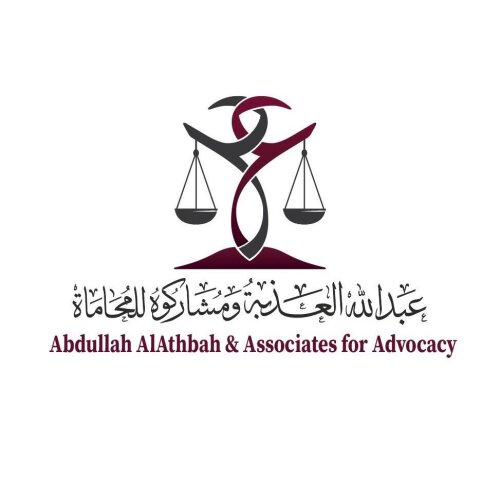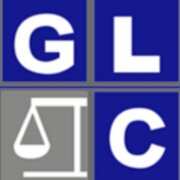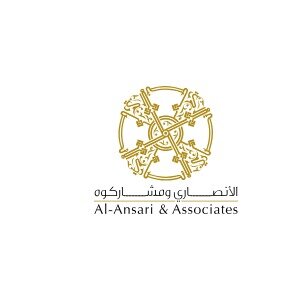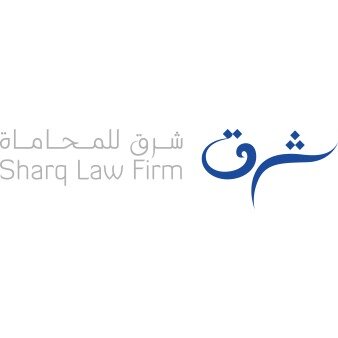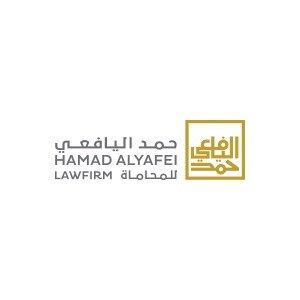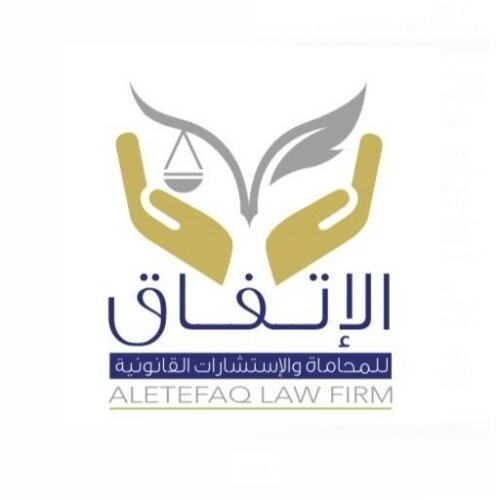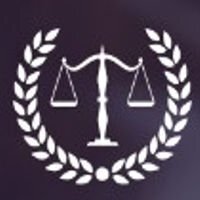Best Sanctions & Export Controls Lawyers in Doha
Share your needs with us, get contacted by law firms.
Free. Takes 2 min.
List of the best lawyers in Doha, Qatar
About Sanctions & Export Controls Law in Doha, Qatar
Sanctions and export controls are important legal frameworks that govern the movement of goods, technologies, services, and finance across borders. In Doha, Qatar, these laws ensure that economic activities comply with domestic policies and international obligations. Sanctions are restrictions imposed on individuals, organizations, or countries, usually for reasons related to national security, foreign policy, or international peacekeeping. Export controls regulate the exporting of specified products, technologies, or information that may have implications for national security or be restricted by international agreements. Qatar takes these regulations seriously, particularly due to its strategic location and active role in international trade and diplomacy. Businesses and individuals operating in Qatar must comply with both national regulations and relevant international sanctions regimes.
Why You May Need a Lawyer
Legal issues involving sanctions and export controls can be complex, with severe consequences for non-compliance. There are various situations where you may need a lawyer with expertise in this field in Doha:
- If your business is importing or exporting goods or technologies and you want to ensure compliance with all local and international laws.
- If you have been notified of an investigation or enforcement action regarding alleged breaches of sanctions or export control regulations.
- If you need to screen potential business partners, customers, or transactions against restricted party lists.
- If you are uncertain about which permits or licenses are required for your exports or imports.
- If your bank or financial institution has frozen your assets or transactions due to possible sanctions violations.
- If you are involved in oil and gas, defense, aviation, or sensitive technology sectors where extra compliance scrutiny applies.
- If you face reputational or operational risks from inadvertently violating export controls or sanctions.
Local Laws Overview
Qatar has established a comprehensive set of laws and regulations to enforce sanctions and export controls. Key aspects include:
- The Ministry of Commerce and Industry (MOCI) oversees import and export licensing requirements.
- The Qatar Financial Information Unit (QFIU) investigates suspicious financial activities, especially related to anti-money laundering and counter-terrorism financing with links to export controls or sanctions.
- Qatar issues its own sanctions lists and also implements United Nations Security Council sanctions, particularly those related to countries or entities involved in terrorism, weapons proliferation, or major breaches of international law.
- The Customs Law and related executive bylaws set out what goods require special permission for import or export, including dual-use goods that could have both civilian and military applications.
- Financial institutions in Qatar are legally bound to freeze assets or restrict transactions with sanctioned individuals, companies, or countries.
- Export of sensitive items such as advanced electronics, software, oil and gas technology, and defense-related goods often requires special permits and is strictly controlled.
- Non-compliance can result in severe penalties, including fines, imprisonment, loss of business licenses, and asset seizures.
Frequently Asked Questions
What are sanctions and who issues them in Qatar?
Sanctions are legal restrictions or penalties imposed on individuals, groups, or nations. In Qatar, sanctions are issued by the government, often in line with United Nations Security Council resolutions and sometimes through bilateral or regional agreements.
Which types of goods are subject to export controls in Qatar?
Goods that can have military, nuclear, or dual (civil-military) use, as well as high-technology items, chemical substances, and some telecommunications equipment, are typically subject to export controls.
What are the penalties for violating sanctions or export control laws in Qatar?
Penalties include large fines, imprisonment, confiscation of goods, loss of licenses, and business closure. The severity depends on the nature and scale of the violation.
How do I know if my business partner or customer is subject to sanctions?
It is crucial to check the official sanctions lists published by the Qatari government and consult international lists, such as those from the United Nations. Legal professionals often use specialized screening tools for this purpose.
Does Qatar enforce international, regional, or just local sanctions?
Qatar enforces its own domestic sanctions, regional sanctions (for example, from the Gulf Cooperation Council), and international sanctions, especially those mandated by the United Nations Security Council.
What government bodies oversee sanctions and export controls in Doha?
The Ministry of Commerce and Industry, the Qatar Customs Authority, and the Qatar Financial Information Unit are the main agencies responsible for policy, enforcement, and monitoring.
Can individuals face consequences, or are the laws only for companies?
Both individuals and companies can be held liable for violating sanctions or export control laws. Individuals can face personal fines and imprisonment.
Do these rules apply to digital products and intellectual property?
Yes, software, encryption technologies, and some forms of intellectual property can be subject to export controls if they have potential military or security applications.
What documentation do I need for a compliant export from Qatar?
Standard requirements include an export license, shipping documentation, end-user certificates, and sometimes special permits for restricted goods. Requirements vary based on the nature of the goods and the destination country.
What should I do if I suspect a potential sanctions violation?
Contact a legal expert immediately. It is important to refrain from proceeding with the transaction until you have verified compliance and consulted with the relevant Qatari authorities.
Additional Resources
If you need further information or support regarding sanctions and export controls in Doha, Qatar, consider reaching out to the following resources:
- Ministry of Commerce and Industry (MOCI): Responsible for trade licensing and compliance.
- Qatar Financial Information Unit (QFIU): Handles suspicious transaction reporting and financial compliance matters.
- Qatar Customs Authority: Manages customs clearance and enforcement issues.
- Qatar Chamber of Commerce and Industry: Provides guidance to businesses on legal compliance.
- United Nations Security Council Sanctions Committees: Up-to-date information on international sanctions.
Next Steps
If you believe you require legal assistance regarding sanctions and export controls in Doha, Qatar, consider the following actions:
- Gather all relevant documentation about your business activities, products, transactions, and communications.
- Schedule a consultation with a qualified lawyer experienced in sanctions and export controls in Qatar.
- Discuss your specific concerns and request a risk assessment of your current compliance status.
- If necessary, ask your lawyer to assist with communication to the relevant government authorities.
- Stay informed about changes in laws and regulations affecting your business operations.
- Develop or update your company’s sanctions screening and compliance policies as advised by your lawyer.
Lawzana helps you find the best lawyers and law firms in Doha through a curated and pre-screened list of qualified legal professionals. Our platform offers rankings and detailed profiles of attorneys and law firms, allowing you to compare based on practice areas, including Sanctions & Export Controls, experience, and client feedback.
Each profile includes a description of the firm's areas of practice, client reviews, team members and partners, year of establishment, spoken languages, office locations, contact information, social media presence, and any published articles or resources. Most firms on our platform speak English and are experienced in both local and international legal matters.
Get a quote from top-rated law firms in Doha, Qatar — quickly, securely, and without unnecessary hassle.
Disclaimer:
The information provided on this page is for general informational purposes only and does not constitute legal advice. While we strive to ensure the accuracy and relevance of the content, legal information may change over time, and interpretations of the law can vary. You should always consult with a qualified legal professional for advice specific to your situation.
We disclaim all liability for actions taken or not taken based on the content of this page. If you believe any information is incorrect or outdated, please contact us, and we will review and update it where appropriate.




